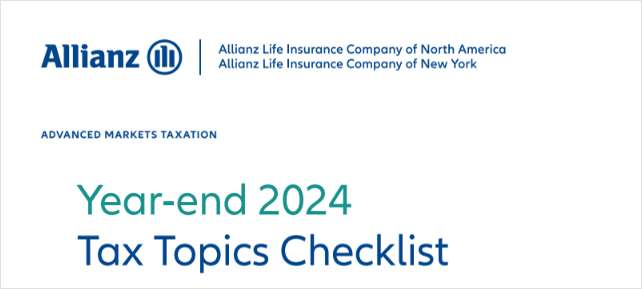Millennials' views suggest a new social compact defined by individual responsibility for retirement security coupled with increased expectations of businesses and government, according to a new report from Capital Group.
"By the time millennials entered the labor market, long-term job security and traditional pensions were ancient history," Heather Lord, senior vice president and head of strategy and innovation at Capital Group, said in a statement. "Millennial investors understand they need to take charge of saving for their retirement early in life, and they also demand more than older generations when it comes to their choices of employers and investments."
The report is based on an online quantitative survey of 1,200 American adults — 400 millennials (ages 21 to 37), 400 Generation Xers (ages 38 to 52) and 400 baby boomers (ages 53 to 71) — of varying income levels, who have investment assets and also who have some responsibility for making investment decisions for their families.
"Millennials are now the largest generation of working Americans, and their attitudes on work, investing and retirement will shape our future," said Lord, in a statement. "Millennials grew up as digital natives, and they are now the new workforce natives — exploring a very different labor market than generations before them and seeking benefits that align with their lifestyles and values. A 401(k) is table stakes for a millennial job seeker."
The survey finds that millennials see access to a retirement savings plan as a basic expectation for employers. According to the survey, 80% of millennials believe that all employers should be expected to provide a retirement savings option, compared with 71% of boomers.
And the survey finds that millennials are engaged with their retirement. Nine out of 10 millennials (91%) report that they contribute to a 401(k) or IRA. In addition, 72% of millennial investors say they know exactly or are somewhat confident about what types of mutual funds and investments they have in their retirement accounts.



